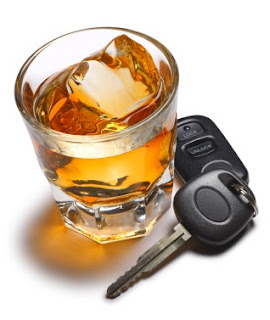Senator John Edwards today will propose a government program to pay the first year's college tuition for a student who also works 10 hours a week at a job or community service. Edwards says offering a jump-start* would encourage more people to go to college. Once there, they would be better able to pursue financial aid and recognize the value of a college education.
In addition, he'll put forward plans to offer four-year, full-tuition scholarships to students who agree to teach in hard-pressed schools or work in homeland security for five years after graduation. Edwards' speech at the University of Maryland embraces an expanded federal role -and billions of dollars in new spending- in raising pay and standards for teachers, reducing the size of high schools and making college more affordable.
Edwards also urges colleges to end admissions practices that give a preference to alumni's children and that offers early decisions to students who apply early and agree to attend if accepted. Both policies tend to be used most by upper-income students. "Today, it's too hard for too many Americans to dim up the ladder of success," he says. "It is time for some reforms to get back to our democratic roots."
*glossary: jump-start = ayuda inicial



